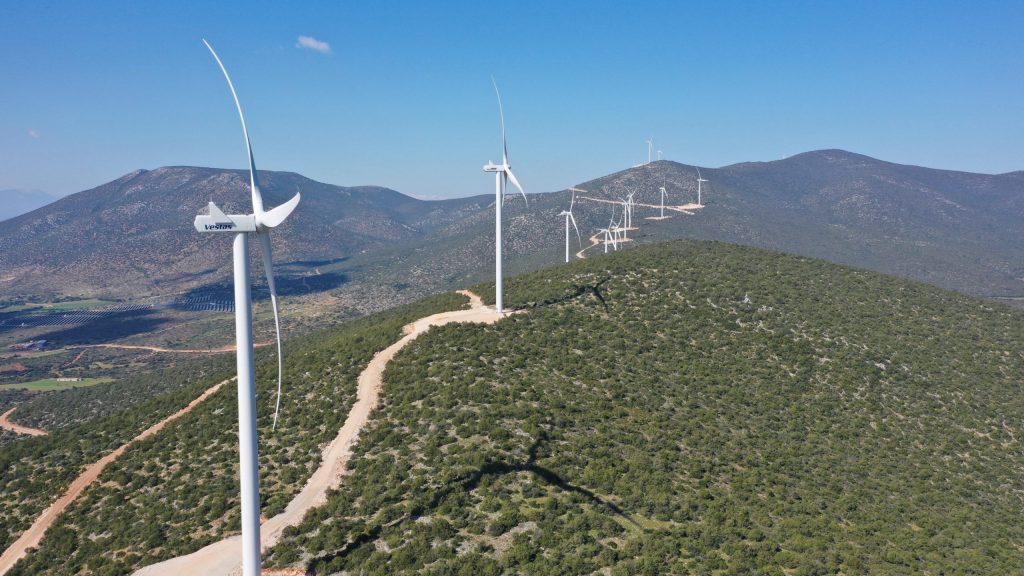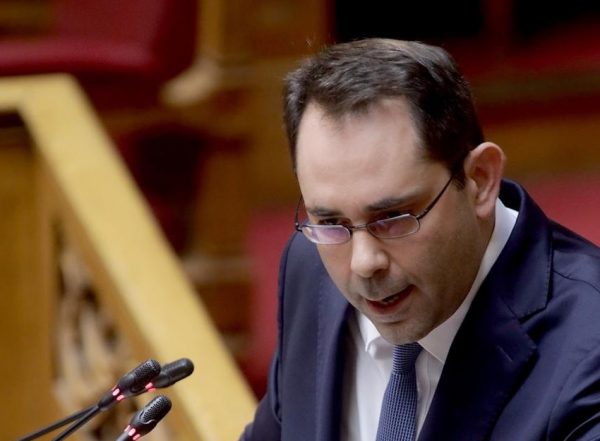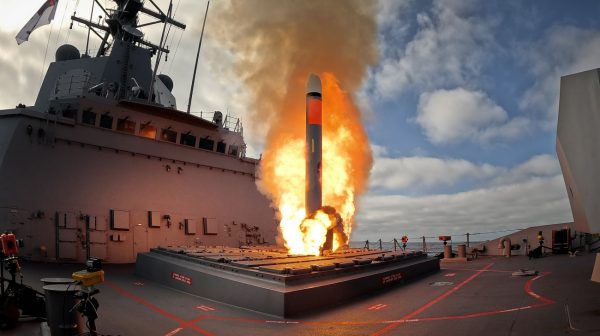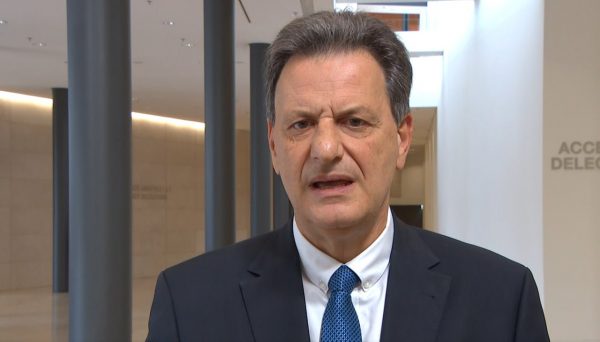
Undoubtedly, the energy crisis we are experiencing is unprecedented.
Issues such as energy sufficiency and security of supply but also the importance of natural gas as a fuel are now emerging. The same goes for costs and prices.
And most of the world is now coming to grips with these facts, as well as for example that most of the electricity it consumes is produced by natural gas.
Another lesson learned by even the most skeptical and ignorant is that this particular fossil fuel is linked to geopolitical games: He who has the gas deposits is dominant over one who has none. Dependence can reach suffocating levels, as confirmed by Putin’s opening-closing pipeline tricks. It’s easy to bring people and economies to their knees… when there is no energy independence and self-sufficiency.
We also find that the debate on RES and climate change, both in Greek and European forums, has regressed. And to a certain extent there is an explanation as the priority is to secure quantities of natural gas so that citizens going without heating in the middle of winter.
Energy independence
Before the outbreak of war, the issues of “green” energy and climate change had risen to the top of the EU’s and Greece’s strategic choices. Renewable Energy Sources and storage as well as other alternative forms of clean energy, biomethane and “green” hydrogen emerged as the only “weapons” to limit climate change and environmental destruction.
But even in the midst of an energy crisis, it has been proven that renewable energy sources, wind and photovoltaic, are able to offset the increases in energy prices and of course limit the emissions of gaseous pollutants responsible for the greenhouse effect.
On October 7th, according to the official data published by the Greek Independent Power Transmission Operator-IPTO, for five hours Greece covered the electricity demand of households and businesses through wind and solar power. The stock exchange price in Greece had dropped that day at 230 from 300 euros per Megawatt hour in the previous days.
Only in the first half of the year, according to official studies presented by the Hellenic Wind Energy Association HWEA/ELETAEN and the Hellenic Association of Electricity Producers from Renewable Energy Sources, RES did not allow a cap of 40 euros per Megawatt hour on the price of electricity.
For the same period, wind power alone contributed 760 million euros in subsidies to electricity bills.
Conflicting settings
The RES and energy storage solution is a one-way solution as it ensures the countries’ energy independence.
The E.U. maintains the high goals it has set for the penetration of RES.
The Greek government has accordingly set the bar high for increasing RES participation in the energy mix. As he also promoted the necessary institutional framework for licensing.
However, the biggest problem is whether the laws and decisions can be implemented in practice, since at the same time it is well known that regulations conflict with the fast track licensing of projects.
That is, at the same time that one law shortens the licensing procedures for RES projects, another law comes to set excessive limits on wind and photovoltaic sites.
Meanwhile, the government and the E.U. should neither forget the importance of RES nor put unjustified obstacles in their development…
And of course, the debate on “green” energy must be reopened.
Latest News

DM Dendias: We talk With Turkey But We Always Bring Up Their Unacceptable Positions
Second and last day of closely watched conference, entitled 'Metapolitefsi 1974-2024: 50 Years of Greek Foreign Policy', also included appearances by PM Mitsotakis, Ex-PM Tsipras and PASOK leader Nikos Androulakis, among others

Rhodes Airport Tops Fraport Greece’s Regional Airports in 2024 Performance
According to Fraport's data, more than 35 million passengers (specifically 35.2 million) were handled by Fraport-managed airports during the 11 months.

European Central Bank Cuts Interest Rates by 25 Basis Points
It is the fourth cut of interest rates by Europe’s central bank, a move expected by the markets and financial analysts leading to the rate settling at 3%.

Airbnb: New Measures Add €600 in Extra Costs for Property Owners
Property managers face an immediate administrative fine of 5,000 euros if access to the inspected property is denied or any of the specified requirements are not met.

Economist: Greece Included in the Best Performing Economies in 2024
Meanwhile, Northern European countries disappoint, with sluggish performances from the United Kingdom and Germany.

EasyJet Expands Its Routes from Athens
The airline’s two new routes will be to London Luton and Alicante and they will commence in summer 2025.

Capital Link Forum Highlights Greece’s Economic Resurgence; Honors BoG Gov Stournaras
Capital Link Hellenic Leadership Award recipient, Bank of Greece Gov. Yannis Stournaras, an ex-FinMin, was lauded for his pivotal role during Greece’s economic recovery

Tourist Spending in Greece Up by 14%, Visa Card Analysis Shows
Greece’s capital Athens emerged as the most popular destination, recording a 17% increase in transactions with Visa cards, surpassing even the cosmopolitan island of Mykonos.

Inflation in Greece Unchanged at 2.4% in Nov. 2024
The general consumer price index (CPI) posted a 0.4% decrease in November compared to the previous month

2024 Christmas Holidays: Extended Shop Hours Schedule
The 2024 Christmas Holidays extended shop hours schedule commences on Thursday, December 12 and runs until the end of the year.


![Φυσικό αέριο: Δυναμικό come back του LNG στην Ελλάδα [γραφήματα]](https://www.ot.gr/wp-content/uploads/2023/01/OT_naturalgas-90x90.jpeg)












![Fraport: Πάνω από 35 εκατ. επιβάτες στα αεροδρόμια το 11μηνο – Πτώση στη Μύκονο [πίνακας]](https://www.ot.gr/wp-content/uploads/2022/06/fraport-90x90.jpg)


























 Αριθμός Πιστοποίησης Μ.Η.Τ.232433
Αριθμός Πιστοποίησης Μ.Η.Τ.232433